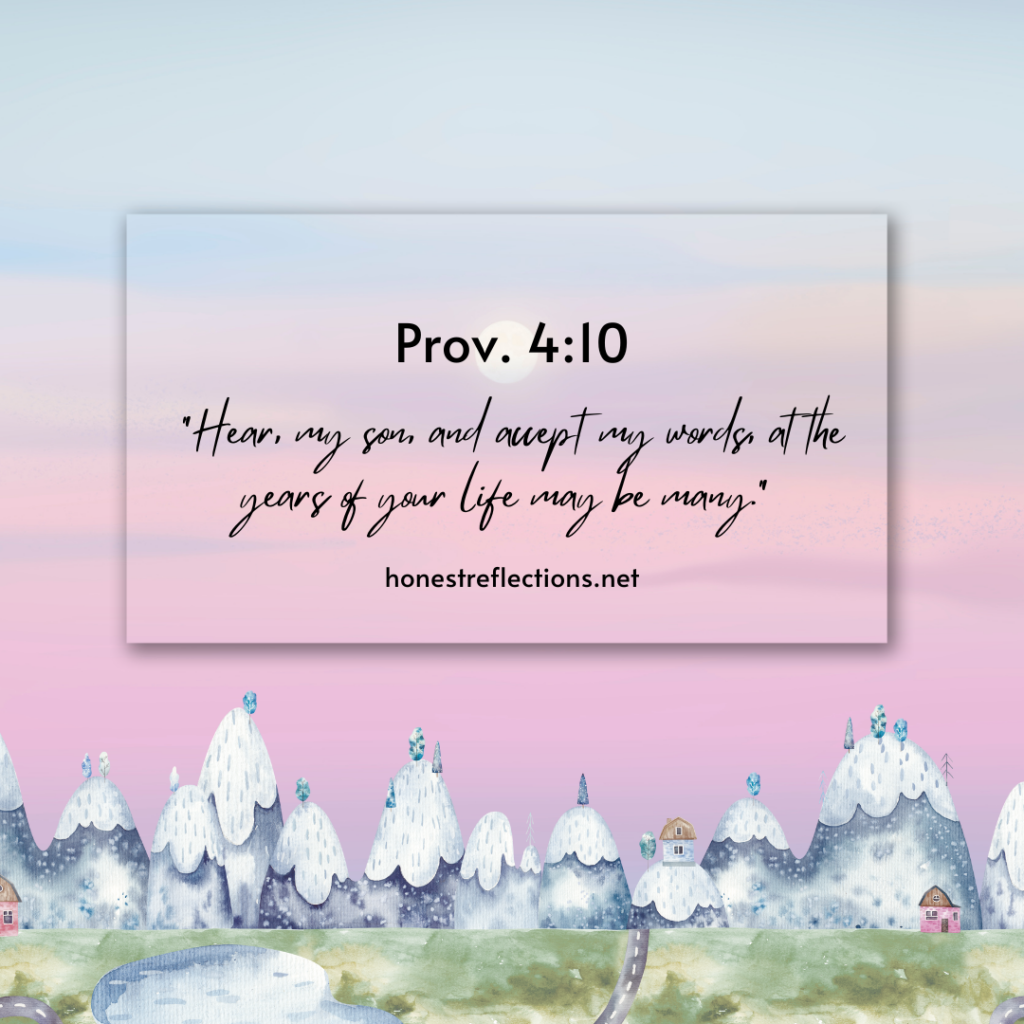One minute read.

Daily Reading: Exodus 10:1-12:13, Matthew 20:1-28, Psalm 25:1-15, Proverbs 6:6-11
Daily Verse: “Go to the ant, O sluggard; consider her ways, and be wise.” Prov. 6:6
For tiny creatures, we can learn a lot from Ants. They can carry 50 times their body weight and communicate through chemicals to alert others to danger and food sources. Ants store up food in summer, preparing for winter.
As followers of Christ, we gain superhuman ability to withstand the world’s weight when we tap into His strength. Following Jesus, we have a mission that never ends, Love God and Others. Staying connected to God helps us prepare for the winters of our lives, surviving them with His grace.
While the Ants use chemicals to communicate, we have prayer. Talking to God about our problems and concerns for others keeps our hearts soft and pliable, allowing us to love well.
Like Ants, don’t let anything stop your journey with Jesus. Keep moving forward. When life knocks you down, get back up and continue the journey; trusting Christ will make all things work for the good of those who trust Him.

Lord, forgive us our faults. Take our burdens from us as we lay them at Your feet. Help us continue marching forward as we connect with You, receiving Your strength. IJNIP. Amen









